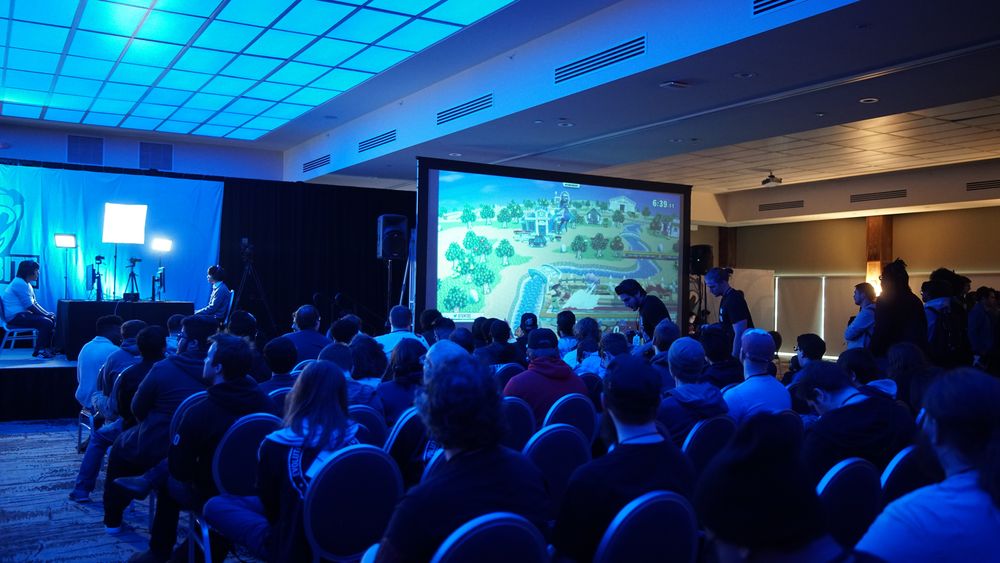In the digital age, video games have become more than just a form of entertainment. They have evolved into vibrant communities where individuals can connect, collaborate, and forge lasting friendships. Gaming has proven to be a powerful social tool, allowing people from different backgrounds and corners of the world to come together and share experiences. Groups of friends come together online and talk to each other about the game and their lives.
People can talk about anything, and many groups of friends have betting groups where they speak to their friends online and then place some bets while they play. Speaking to newbettingoffers.co.uk, this site provides the best offers the bookies have at the moment, and you should for sure check it out if you’re like many and like to place a punt while gaming. This article explores the social side of gaming and how it has become a platform for building communities and friendships.

One of the primary reasons gaming has become a social phenomenon is the rise of online multiplayer games. These games allow players to team up or compete against each other in virtual worlds, fostering collaboration and communication. Whether it’s fighting side by side in a fantasy realm or strategizing in a military shooter, multiplayer games provide opportunities for players to interact and form bonds. Through voice chat or text messaging, gamers can coordinate their actions, share strategies, and develop a sense of camaraderie.
Online gaming communities have become virtual meeting places where like-minded individuals can gather and connect. Forums, subreddits, and social media groups dedicated to specific games or genres have sprung up, providing spaces for gamers to discuss their favorite titles, share tips, and engage in lively debates. These communities serve as platforms for players to find others who share their passion and build friendships based on common interests.
Another aspect that has contributed to the social side of gaming is the emergence of streaming platforms. Services like Twitch and YouTube Gaming allow gamers to broadcast their gameplay live to an audience of viewers. These streams often feature real-time chat, enabling streamers and viewers to interact directly. Streamers can respond to comments, answer questions, and engage with their audience, creating a sense of connection and community. Viewers, on the other hand, can chat with fellow viewers, cheer for their favorite streamers, and form their own friendships within the streaming community.
The social impact of gaming extends beyond the virtual realm. Many gaming enthusiasts attend conventions and events dedicated to their favorite games. These gatherings provide opportunities for players to meet face-to-face, share their experiences, and strengthen their bonds. Events like gaming tournaments and expos foster a sense of excitement and unity, as gamers come together to celebrate their shared love for the medium. Such events often create lasting memories and friendships that extend beyond the gaming world.
Gaming has also become a social activity within families and friend groups. Multiplayer console games or mobile games allow friends and family members to play together, bonding over shared experiences and friendly competition. It has become a way to bridge generational gaps, as parents and children, siblings, or even grandparents can enjoy gaming together, strengthening their relationships and creating shared memories.
Additionally, gaming communities have shown their altruistic side by organizing charity events and fundraisers. Gamers have come together to raise money for various causes, often using their favorite games as platforms for donations. This collaborative effort not only showcases the positive impact of gaming but also highlights the compassion and generosity within these communities. It demonstrates that gaming can be a force for good, bringing people together for a common cause.
In conclusion, gaming has transcended its role as a solitary pastime and has become a powerful tool for building communities and friendships. Online multiplayer games, streaming platforms, conventions, and family gaming sessions have all contributed to the social side of gaming. These interactions not only provide a sense of belonging but also create opportunities for personal growth, cultural exchange, and even charitable endeavors. As gaming continues to evolve, it is evident that the social connections and friendships forged within gaming communities will only grow stronger, making the world of gaming an even more inclusive and interconnected space.

